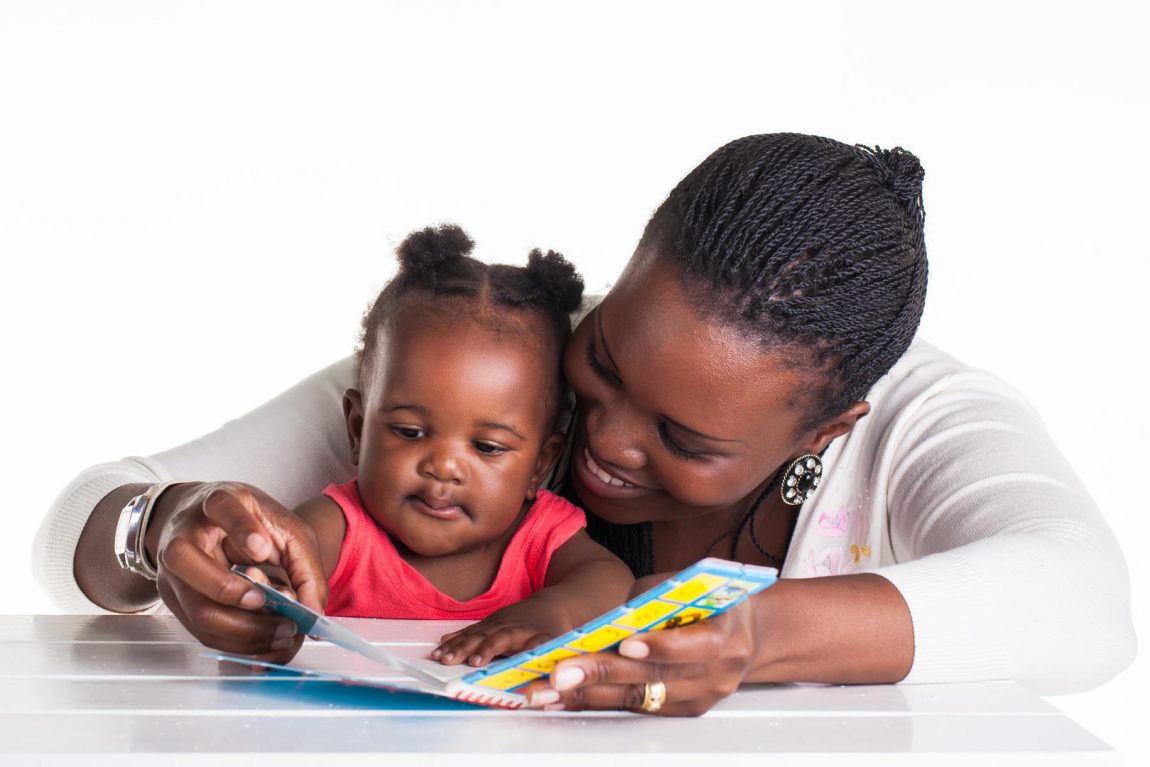
Improving Your Children’s Vocabulary Skills
In today’s complex workforce, the worker with a powerful and rich vocabulary will have a major advantage indeed. To me as a mother and speech-language pathologist, vocabulary is one of the very most important skills for our children to develop, for it will impact them for a lifetime. The employee with a powerful and rich vocabulary tends to earn more money and get promoted more often than the employee with a small, diminished vocabulary. Here are some simple, easy-to-implement strategies to help build your children’s vocabulary as they go through school.
As always, talking and playing with your children and reading with them are the best ways to build language. But here are some more specific activities for you to do:
Have the Printed Word on the Picture
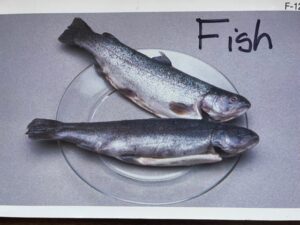
Children learn words better if there is orthographic representation that accompanies the picture, especially in the early grades. Thus, if a child sees a picture of a new item, it is best to have the printed word on the picture. For example, if the child is learning what a volcano is, it is ideal to have the word volcano printed on the picture.
My Big Word Book
by Roger Priddy
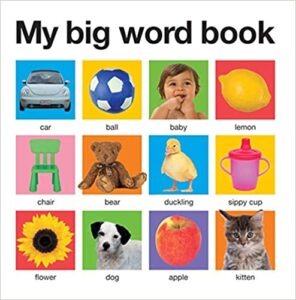
View Book
Have Multiple Examples of the New Word
When learning new vocabulary, your children will learn the words better if they see different examples of the same thing. Let’s say your young children need to learn the word “volcano.” You can google volcano videos on YouTube and watch them. Using Google images, you can print various pictures of volcanos and talk about them. You can buy a book or two on volcanoes and read about them. You can even make a volcano out of clay or playdough. The point is, children generally don’t learn and remember new words when they are only exposed to them once or twice. Children need multiple repetitions and many different examples in order to learn words deeply and remember them.
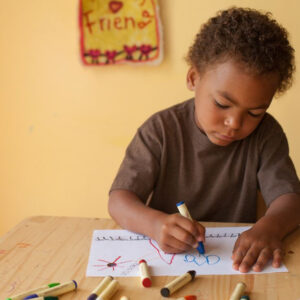
Draw Pictures
Have your child draw pictures of new vocabulary words if possible. Make them into flash cards that you can use for review. Be sure to write the vocabulary word on the card. These cards can be put into a colorful scrapbook and you and your child can even make up stories using the words.
Teach Categories
Children, especially in the early grades, need to work build vocabulary through learning categories such as transportation, domestic animals, marine life, etc. Knowledge of categories is extremely important. Categories are like file folders on a computer. If every document (word the child knows) is scattered all over the desktop, there is a great deal of disorganization. But if the documents are placed into folders, the desktop is much more organized. That’s how a child’s brain functions. Those categories are crucial to linguistic organization.
You can work on categories at home in fun ways—car games are ideal for this. As you are driving along, you can say “I’m thinking of the category that all of these belong to: zebra, tiger, monkey. All of those are ______.” A twist on this is to say “who can be the first to tell me what category these things belong to? Truck, bus, car, bike.”
At home, you can play a game with small buckets, one for each category. For example, one bucket can be labeled “transportation.” Another can be labeled “furniture,” and another “marine life.” You can give your child a random pile of pictures or miniature objects and have her put them in the appropriate buckets. To change things up, place an item in the wrong bucket and see if she catches you. In the game Which One Doesn’t Belong? you can place 5 pictures on the table; all but one are from the same category. You and your child can take turns picking out the picture that does not belong and explaining why it doesn’t belong.
View “7 ways to build your child’s vocabulary”
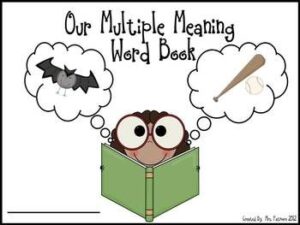
Develop Ability to Define Words
As our children get older, a strong vocabulary is pivotal to good grades and academic success. Children especially need to develop their ability to accurately define words. You can work on this by saying things like “What does ___mean?”
Develop Knowledge of Synonyms
Children need to develop their knowledge of synonyms. For example, if your children say “I’m tired,” you can say “A college word for tired is exhausted.” In another example, your children might say “This is boring.” You can say “A fancy word for boring is uninteresting.”
One online game that I absolutely love is Freerice; it develops knowledge of new, more sophisticated synonyms of words your child already knows. I have played this with teenagers; my university students love it too.
On your computer, type in freerice.com. You will be led to a site that teaches new vocabulary through a fun game of synonyms. If you click on the English vocabulary category, every time your child gets a word correct, 10 grains of rice are literally donated through the United Nations World Food Program to feed a hungry person somewhere in a developing part of the world. There are multiple levels with varying amounts of difficulty. Find a level that challenges yet does not frustrate your child, and play the game together. What a terrific way to help persons in underserved areas of our world and build your child’s vocabulary skills! You yourself may learn some new words! (Other categories on freerice.com include math, grammar, foreign languages, geography, and more.)
For more information, go to my caregivers’ guide at

